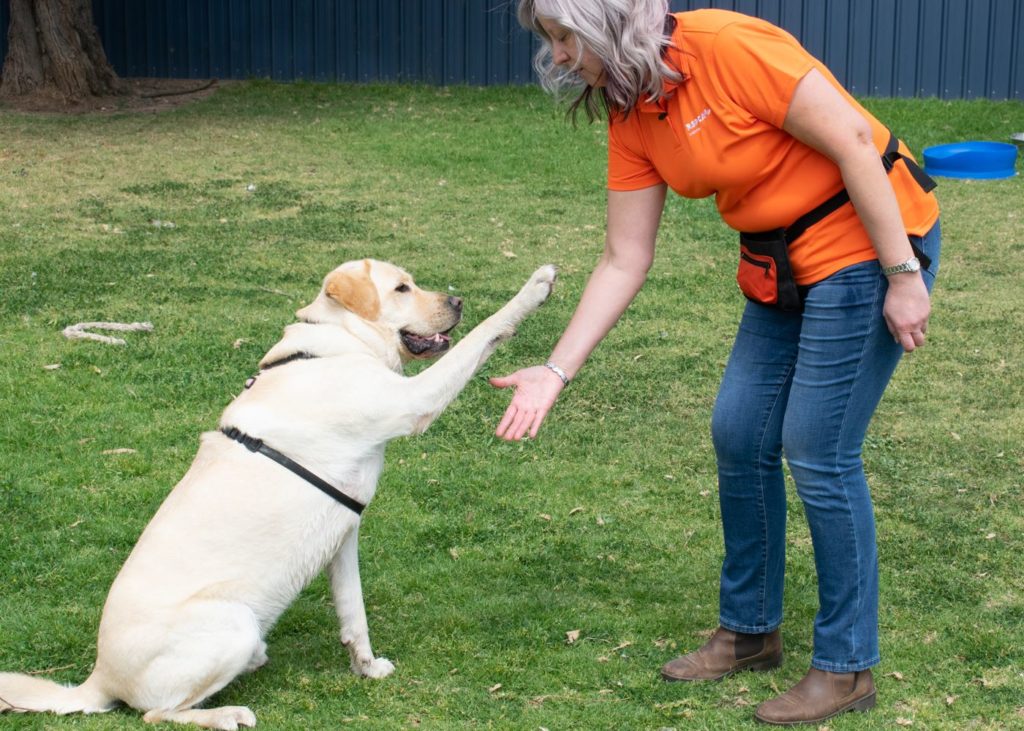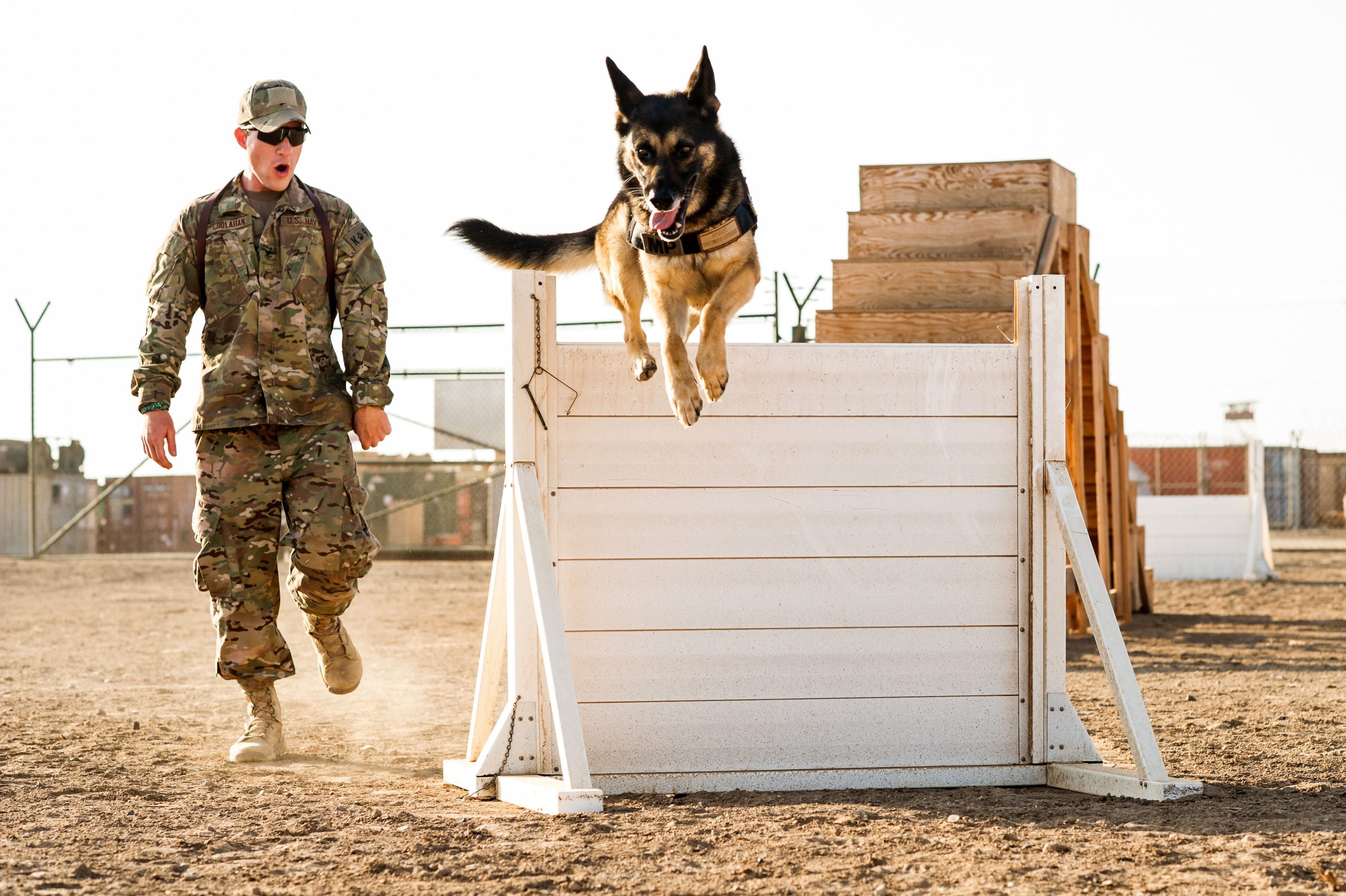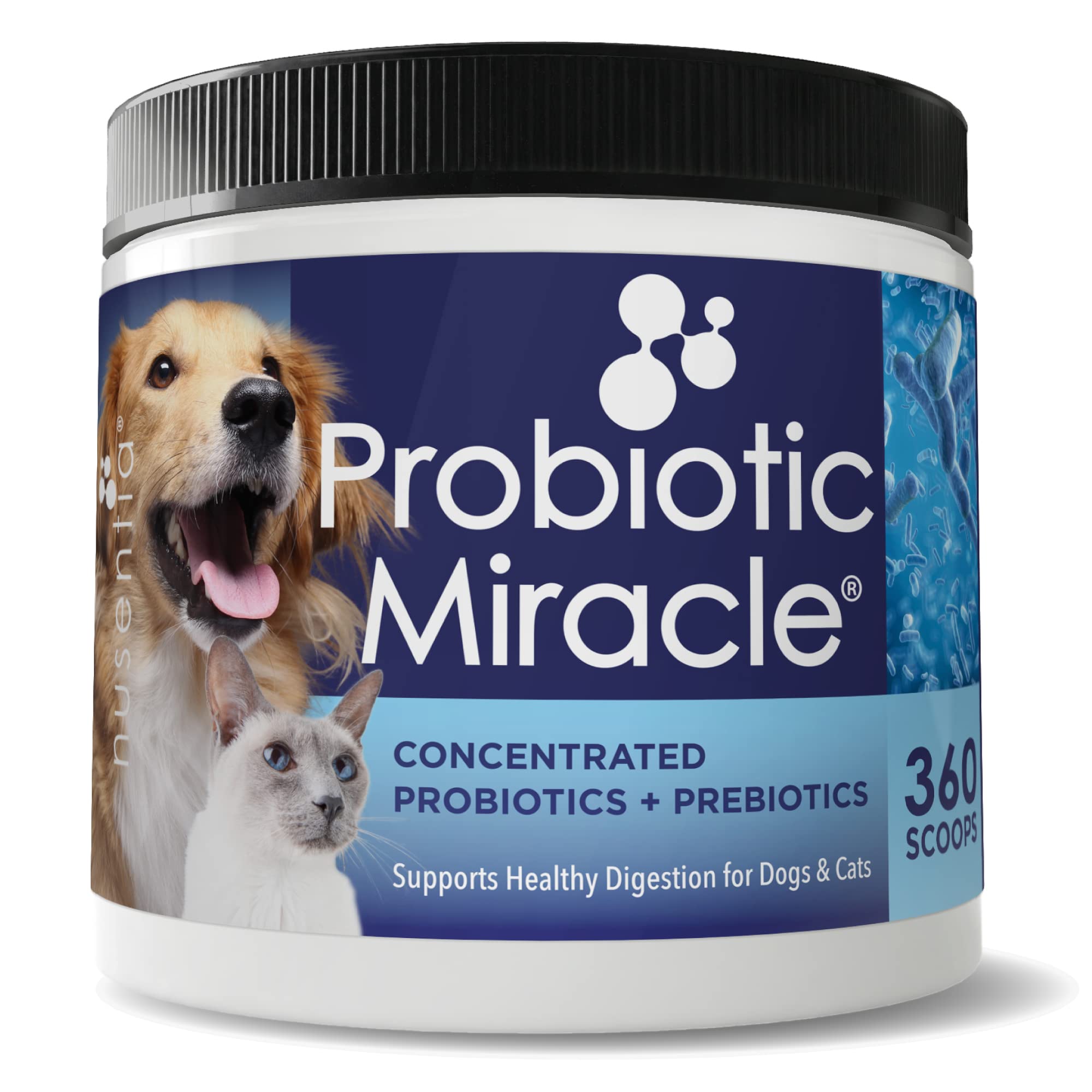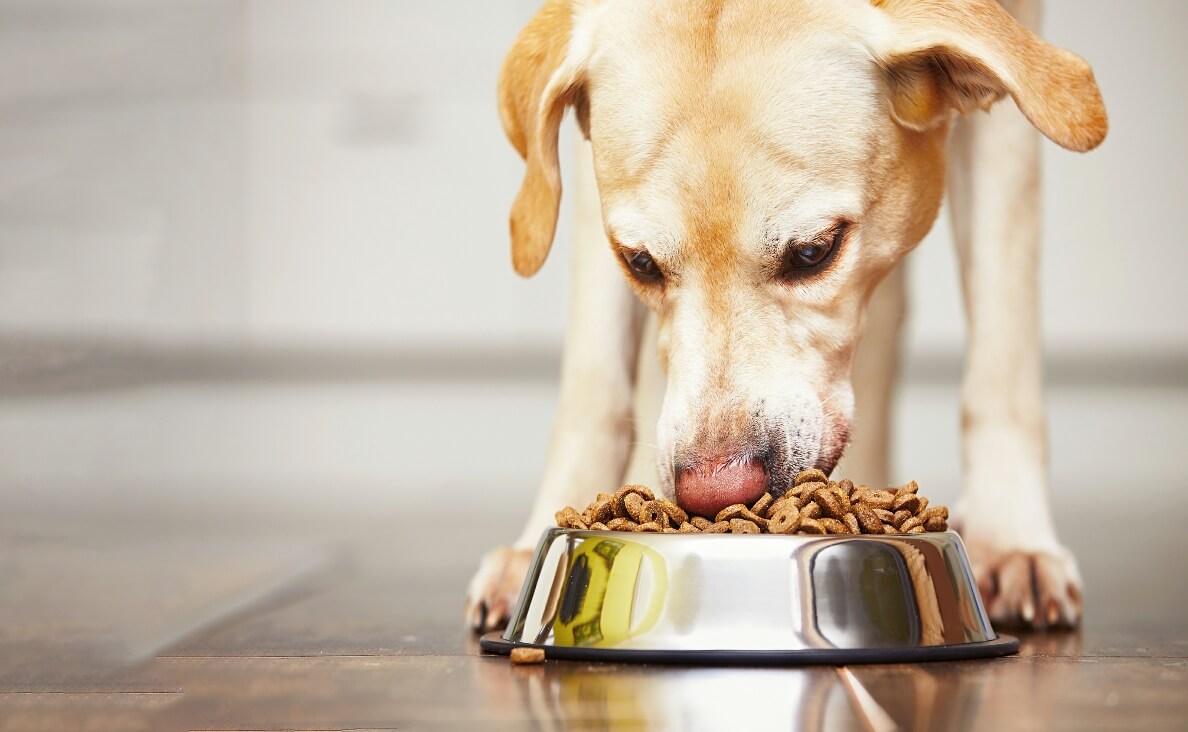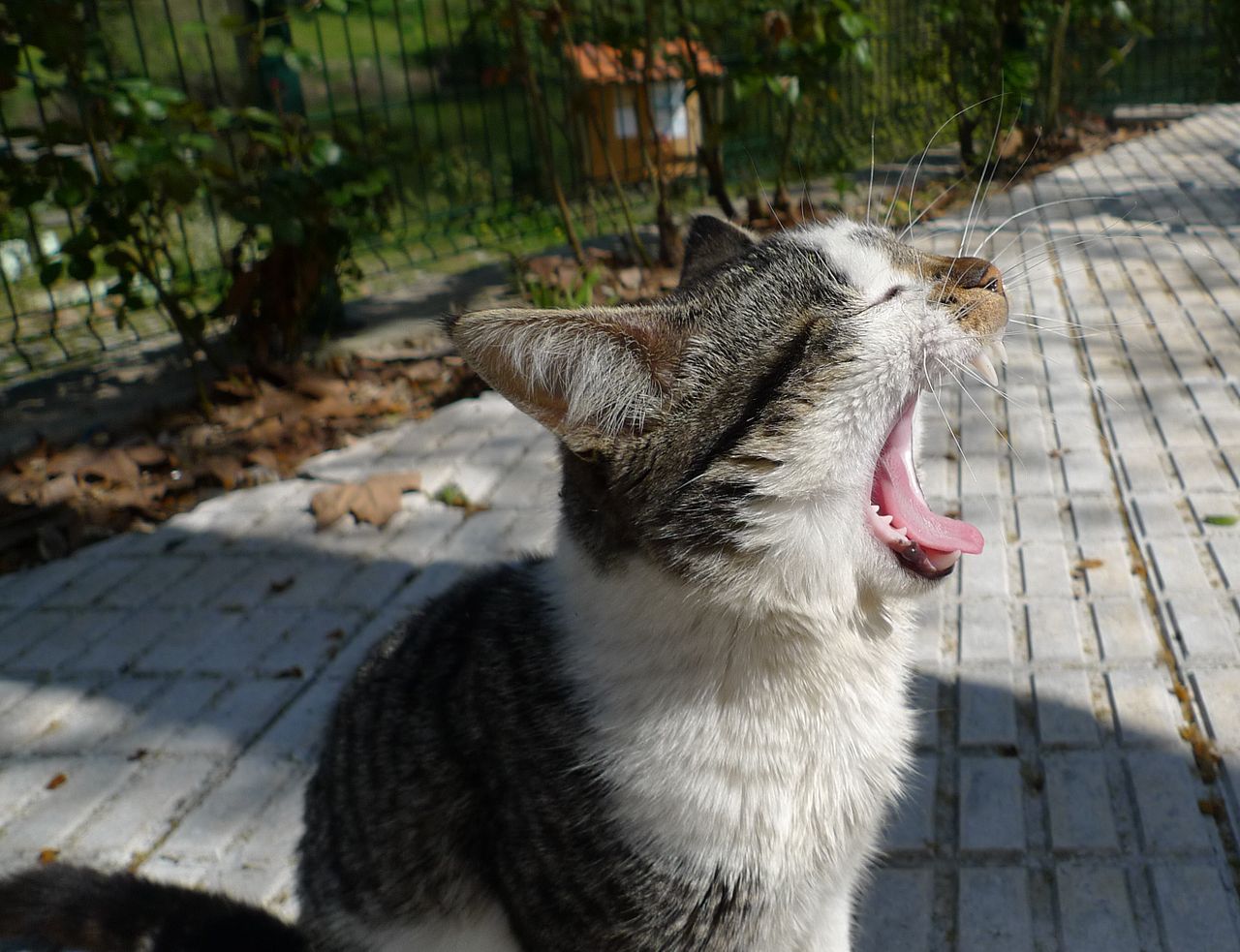Pets are great companions. But they’re also full of potential dangers that can injure, maim or even kill a family member or friend. From fleas and ticks to open flames, here’s what you need to know about keeping your furry companion safe. The online vaccine being sold for dogs are much helpful and constantly provides several benefits. These vaccines are said to be safer, effective, and have better control options. Choosing the 5-in-1 vaccine for dogs price is much helpful in the rising demand market. So connect and get the vaccine to have your dog’s health protected.
Keep pets away from the stove
Fire is one of the most obvious dangers in the home. If you have young children living with you, it’s especially important to keep them away from any kind of heat source — including the stove. Children will often reach into cabinets or drawers, which could lead to burns if there’s anything flammable nearby. It’s also a good idea to keep your pets at least 3 feet (1 meter) away from the stove as well.
Remove all food from the floor
One thing many pet owners don’t realize is how difficult it is to clean up after their dogs and cats. Most animals prefer to eat on the floor, so once they get used to eating there, they’ll continue to do so unless you remove all food from the floor. And no matter where it ends up, pet food can be incredibly dangerous. The best way to avoid this problem is to make sure your pets have plenty of room to roam around and exercise, but if they end up getting hungry, take some time to make sure they’re properly fed before letting them outside.

Watch out for hot surfaces
The majority of cats and dogs enjoy lounging on a comfy bed made of soft fur or fabrics. But this doesn’t mean you should put those beds near an open flame. Heat builds quickly, leading to severe burns that can even cause death. Keep your pets far away from heat sources like fireplaces and space heaters, and never leave them alone near an oven.
Take care when using cleaning supplies
Whether you’re doing the dishes or vacuuming, make sure you use products designed specifically for pets. You won’t want to use bleach on your pet, since it contains powerful chemicals that can be highly toxic to them. In addition, try to keep your pets away from cleaners meant for human use; these products can contain ingredients that aren’t suitable for your pets’ delicate skin and digestive systems.
Check the weather forecast before leaving the house
Many people love to bring their pets outdoors during the summertime. While it might seem like a nice way to spend some quality time together, going for a walk outside during periods of high humidity and temperatures can lead to heatstroke. Dogs and cats, being creatures of habit, are likely to stay inside in environments where they’ve been conditioned to live, making it easy for them to overheat. To prevent this, make sure your pets always have access to fresh water and shelter in case of rain or extreme heat.
Don’t let kids play with sharp objects
Cleaning tools, scissors, and knives are just some of the items around the home that may look harmless, but can actually be very deadly to pets. Make sure toys and other items are kept out of the reach of animals by covering them with blankets or cloths. For small items, like jewelry, consider using baby-proof locks. If you suspect your pet has ingested a dangerous object, contact a veterinarian immediately.
Make sure your pet has proper identification
It’s not uncommon for someone to forget about their dog or cat at home while they’re shopping or running errands. This means that when they finally come back to pick up their pet, they have no way of knowing who he or she belongs to. To help ensure that your furry friend is identified correctly, ask your local vet to provide you with microchip implantation. This is a simple procedure that involves inserting a tiny chip under the animal’s skin, which will allow vets to identify your pet when they see him or her.
Keep your pet away from pools and spas
While swimming pools and hot tubs may seem like fun places to go to relax, they pose serious risks to our furry friends. Pets suffer from hypothermia when exposed to cold waters for long periods of time, and their bodies simply can’t regulate temperature as effectively as humans. If your pet gets too chilled, he or she may become disoriented and confused, increasing the possibility of injury.
If you plan on taking your pet outside, make sure to dress appropriately. Wear waterproof shoes and clothes that will protect you and your pet from the elements, and keep them hydrated. Never leave a pet unattended in a vehicle, either.
Keep your pet leashed
Leashes are wonderful devices that allow us to control our dogs or cats more easily. But they can also be extremely dangerous. When left loose, pets will naturally wander off, causing them to run into traffic or fall downstairs. As long as you keep your pet on a leash, you can rest assured that he or she will remain safe and sound.
Use caution when cleaning your pet
Even though your pet loves to cuddle, you must still be careful not to damage his or her sensitive skin. Always use disinfectant wipes rather than soap or shampoo when cleaning your pet, and make sure to rinse thoroughly afterward.
Be aware of your pet’s grooming habits
Dogs and cats are notoriously hard to groom. They hate having their hair pulled, and many can’t stand to be touched by human hands. If your pet seems uncomfortable with grooming, try offering him or her a toy instead. Alternatively, you can invest in a professional grooming kit that includes brushes, combs and other tools designed to minimize stress and pain.
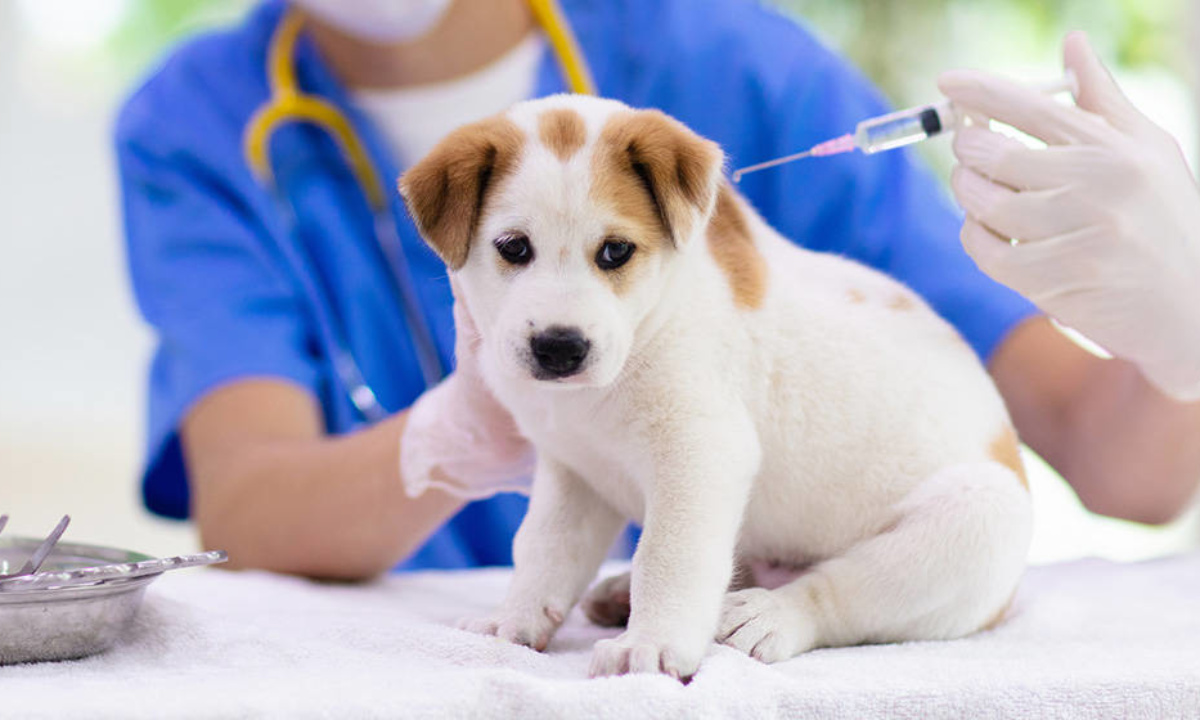
Keep your pet away from the litter box
Most cats and dogs love to dig in the dirt, whether they’re digging holes to bury their own waste or just enjoying the scent of the soil. However, this activity can be hazardous to your pet. Litter boxes are usually made from plastic materials, which leach chemicals into the ground and can poison your pet. Consider switching to an eco-friendly option like a composting box or disposable litter box.
Do not feed your pet raw meat
Raw meat can be very dangerous for pets. In fact, feeding a pet raw meat could result in a painful and life-threatening infection called toxoplasmosis. This condition is caused by consuming infected prey and can be fatal to your canine or feline friend. If you’re unsure whether your pet ate raw meat, consult your veterinarian immediately.
Watch out for flea bites
Fleas are a major hazard for household pets. Although most fleas are harmless, some types carry diseases that can infect your pet, such as tapeworms or heartworms. Flea bites can cause rashes, hair loss and itching, and if your pet isn’t treated, he or she could develop a bacterial skin infection. Fleas are attracted to warm-blooded animals, so if you notice signs of infestation, contact a veterinary clinic immediately.
Keep your pet away from fireworks
Although fireworks look like fun, they’re actually quite dangerous. They’re loud, and explosive and pose a risk to both pets and people alike. If you hear a loud bang, immediately check on your pet, and if possible, take him or her outside to a secure place until the noise stops. If you have young children living with you, make sure they’re supervised when fireworks are set off.
Consider investing in a dog door
A dog door allows your dog or cat to come and go as he or she pleases. These doors are installed between two rooms, allowing your pet to exit freely without disturbing anyone inside. Some dog doors even include sensors that can detect when your animal has entered or exited, creating an added layer of security.
